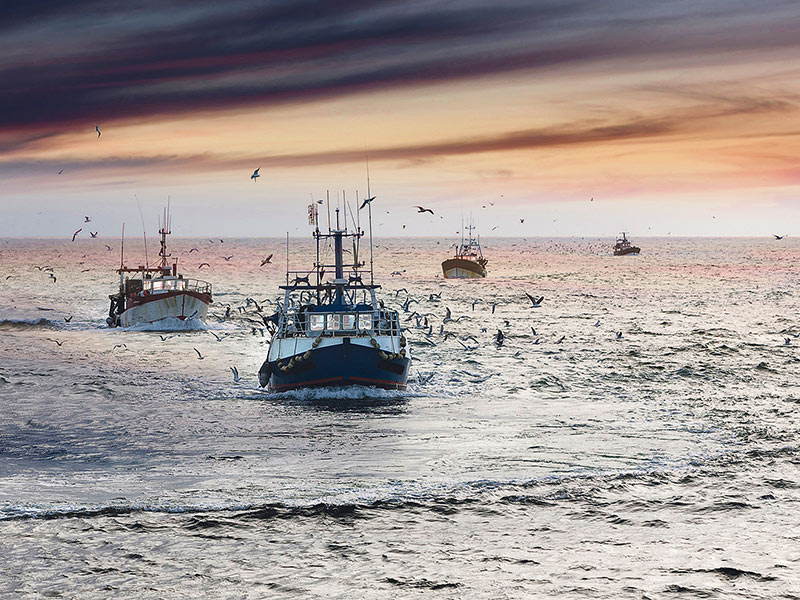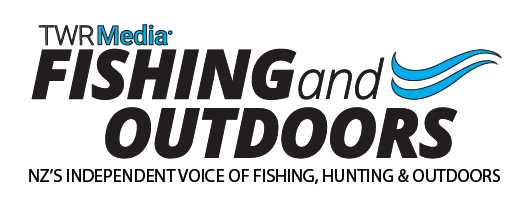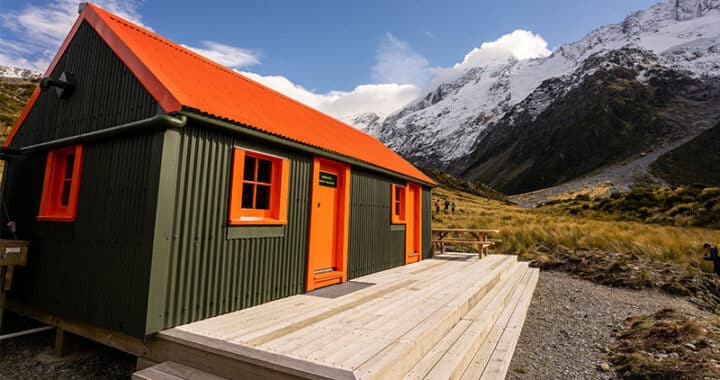Green Party calls on Govt to ban bottom trawling on seamounts
4 min read
Environmental groups, such as Greenpeace, have been protesting against bottom trawling too. Photo: photoneye | Getty Images
The Green Party is calling on the Government to ban bottom trawling on all seamounts following the release of an industry white paper on sustainable bottom trawling.
Sealord released a report at a webinar earlier in August saying that “marine science and fishing expertise show we can sustainably meet global and local demand for seamount-caught New Zealand fish species by fishing on just 11% of seamounts.”
Sealord CEO Doug Paulin said they “strongly believe” that it is possible to have sustainable food production alongside conservation of marine ecosystems.
“We know Kiwis care about marine life conservation, and we’re proud in New Zealand to have world-leading sustainability measures in place for commercial fishing. This proposal would be a further extension of New Zealand’s tightly regulated fisheries management system.”
However, Green Party spokesperson for fisheries, Eugenie Sage, said the Government should not be swayed by the fishing industry’s “attempt to greenwash some of its harmful activities.”
“Having already shown its willingness to be won over by the arguments of the fishing industry, we are worried that the Government will once again put dollars above conservation.
“Earlier this year, the minister for oceans and fisheries, David Parker, established a working group to look at how best to manage the effects of bottom trawling. It is impossible to read the terms of reference without thinking it is the Government’s intention to allow bottom trawling to continue. This is because of their ongoing focus on ‘spatial decision support tools’ rather than having a clear option to consider protecting all sea mounts from bottom trawling.”
Sage added that Sealord’s whitepaper is an attempt to “further muddy the waters” by using a restrictive definition of a seamount as features over 1000 metres.
“We need to be very clear about this: seamounts are underwater features over 100 metres that are home to an abundance of marine life, including species such as orange roughy, which congregate on them for spawning and other important life stages,” Sage said.
Environmental groups are also rejecting the proposal, saying the “whitepaper proposal is yet another attempt by the company to continue trashing seamounts”.
“Sealord has spent thousands on a PR campaign around this ridiculous notion that the only seamounts that count are over 1000 metres high – and they then extrapolate this false claim to argue they can continue trashing seamounts,” said Barry Weeber of the Deep Sea Conservation Coalition, adding that Sealord also falsely claims that there are only 142 seamounts in Aotearoa.
“Concrete evidence and studies have shown there’s more than 800 – if not close to 1000 – seamounts in our waters.
“The company has knowingly whittled that number down to the tallest fraction of them. Under their proposal, the vast majority of seamounts would still be open to bottom trawling destruction. Essentially, this is the Sealord plan to continue seamount destruction, based on pseudo-science.”
Greenpeace oceans campaigner Ellie Hooper said the Government had agreed to numerous UN resolutions agreeing to protect seamounts from bottom trawling.
“In an extinction crisis, it is completely unjustifiable for commercial fishing to continue trashing wildlife hotspots. These areas need to be protected for the future health of the ocean,” she said.
“Ocean protection should be based on what is ecologically important to protect, not on what the fishing industry doesn’t want to exploit. If this is how conservation is going to work in New Zealand, then we absolutely won’t protect ocean health for the future. We call on the Government to publicly reject Sealord’s proposal so we can get on with the business of protecting the oceans, not commercial fishing.
“The commercial fishing industry should not be in charge of ocean protection. They picked the Benthic Protected Areas they often cite as a success when the vast majority of the areas protected under this legislation were too deep to bottom trawl anyway. This is another example of the industry’s attempt to water down ocean protection.”
The Green Party is also concerned by the Government’s focus, Sage said.
“The basic tenet of the Government and industry argument is that it is okay to destroy marine life in one area, so long as there is more somewhere else. Sealord’s ‘whitepaper’ – and the Government’s susceptibility to these sorts of arguments – only add to these concerns.
“Speaking in Parliament, Minister Parker said “trawling is an integral part of fishing” while at the same time saying he did not want to prejudge the recommendations of the working group. The Green Party is deeply concerned about where this position may lead and once again call on the Government to introduce an immediate ban on this harmful activity as an essential part of protecting ocean health.”



